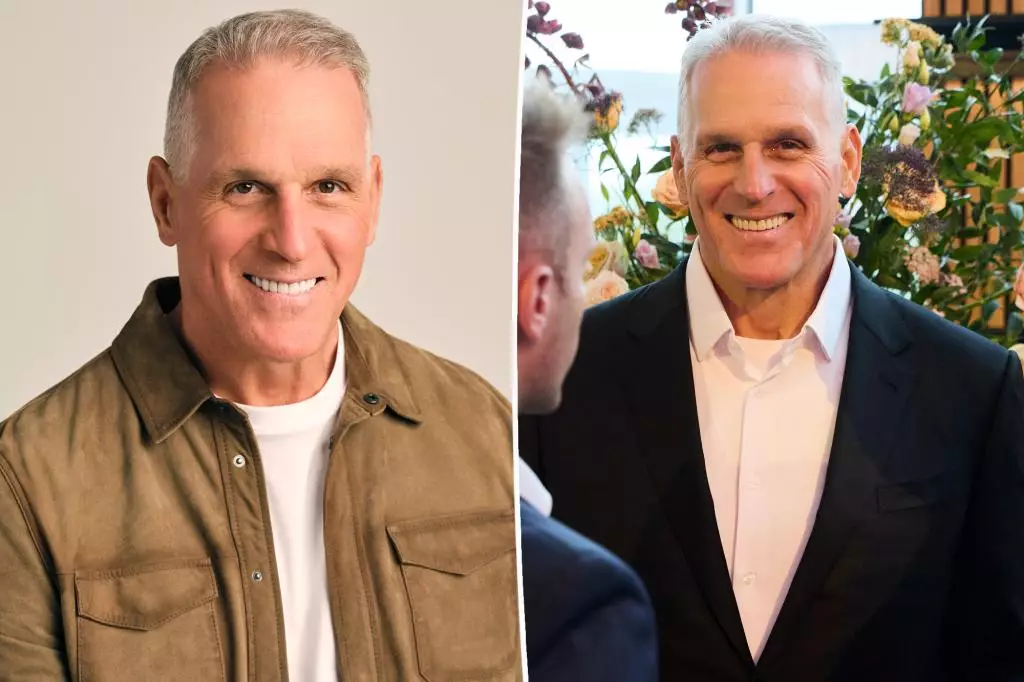Mel Owens, the 66-year-old star of the upcoming season of ABC’s “Golden Bachelor,” has stirred a significant backlash with candid remarks about his dating preferences. Owens openly declared on the “In the Trenches” podcast that he would only consider women aged between 45 and 60, emphatically dismissing anyone 60 or older. His blunt insistence on physical fitness and aversion to “artificial hips and wigs” has led to many labeling his comments as ageist and superficial. While Owens might be voicing what some see as honest preferences, his remarks walk a fine line between personal choice and perpetuating harmful stereotypes that equate aging with diminished value and desirability.
The entertainment industry, and reality dating shows in particular, have long capitalized on youthful beauty standards. “Golden Bachelor” was intended to spotlight romance beyond middle age, presenting mature individuals in the dating spotlight. Yet, Owens’ rejection of contestants over 60 challenges the premise of senior dating shows representing genuine senior experiences. His preference reveals an ingrained bias that too often overlooks the complexities of attraction, companionship, and identity in older adulthood, reducing potential partners to physical attributes and arbitrary age cutoffs.
Public Reaction: Ageism Called Out Openly
Social media response was swift and harsh. On platforms like X, users criticized Owens’ comments as emblematic of a pernicious ageism that undermines older women’s worth and disregards their individuality. Observers noted the irony of Owens’ age juxtaposed with his unwillingness to engage with women his own age or older, implying a disconnect or discomfort with aging himself. Critics condemned the superficiality of focusing on fitness and appearance in a demographic where health realities vary widely and personal stories are rich and diverse.
One poignant critique mocked Owens as symptomatic of older men complaining about aging women’s appearances while ignoring their own realities. Such remarks suggest that Owens’ perspective may be less about preference and more about denying the natural aging process and its associated vulnerabilities. For a show rooted in senior romance, Owens’ approach risks alienating the very audience seeking representation and validation in mature love.
Contrasting Legacy: The First “Golden Bachelor” and Relationship Realities
The first season of “Golden Bachelor” offered a contrasting vision. Gerry Turner, then 72, exclusively dated women 60 and older, culminating in a proposal and marriage to Theresa Nist, 71. Though their union ended in divorce after just three months, Turner and Nist’s openness about their relationship and amicable separation demonstrated a level of emotional maturity and realism often missing in reality television portrayals. Their experience illustrated that late-in-life relationships harbor unique challenges but also the potential for profound connection and self-discovery beyond physical appearances.
Nist, reflecting on the attention she continues to receive — including from significantly younger suitors — highlights the complexities of dating later in life and how media exposure can reshape perceptions and opportunities. Her candidness adds nuance to senior romance, illustrating that attraction and companionship transcend simplistic age brackets and surface-level criteria.
The Fine Line Between Honesty and Harm
Owens’ statements raise broader questions about the responsibility of public figures, especially those representing older demographics, to challenge rather than reinforce outdated narratives. While personal preferences are natural and individual, publicly dismissing entire age groups in a widely viewed forum perpetuates exclusion and stigma. Senior dating shows have the power to redefine norms around aging and love, yet Owens’ approach risks reverting the conversation back to appearance and youthfulness as primary values.
Ultimately, the clash between Owens’ remarks and the public’s reaction underscores the evolving cultural discourse about aging, attractiveness, and representation. Mature audiences seek authenticity, respect, and diversity in portraying their lives and loves — ideals that demand moving beyond reductive ageist notions and embracing the richness of human connection at every stage.

